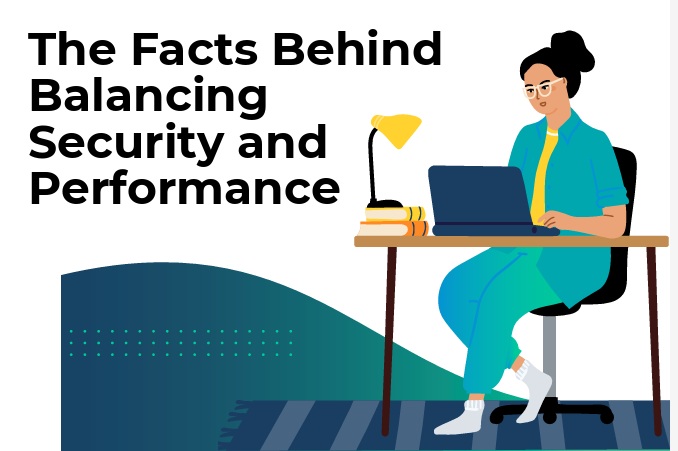Enterprise data sprawl — vast amounts of critical information scattered across endpoints and siloed within SaaS applications — already challenges companies' ability to protect and back up their data. Much of this information is never fully secured, leaving organizations vulnerable. Now, as generative AI (GenAI) platforms emerge as yet another environment where enterprise data is consumed, transformed, and created, this fragmentation is set to intensify. Without effective data governance, large swaths of corporate information may not be backed up at all. Instead, that data could be uploaded to external GenAI systems, putting sensitive information and intellectual property at risk and amplifying the already formidable complexities of data protection.

Use of Unregulated GenAI Spikes
GenAI platforms have increased in popularity, and enterprises need help to control how their employees interact with them. New data shows that 72% of workers who uploaded data to GenAI platforms did so without employers providing licenses. The same study found that 65% of organizations lack clear policies on using data with or from AI platforms. Experimenting with GenAI raises security concerns at the employee and employer levels.
For example, the US Patent and Trademark Office banned the use of GenAI tools last year due to security concerns with the technology and some of these tools exhibiting unpredictable behaviors. While there is a ban on using platforms like ChatGPT for work purposes, USPTO employees can use "state-of-the-art generative AI models" only inside the agency's internal test environment.
While this might be considered a cautious approach, it indicates how workplaces will likely evaluate how they implement and interact with GenAI platforms.
Unregulated GenAI Use Comes with Security Risks
The rapid adoption of GenAI tools has raised concerns about data privacy and security within organizations. But what exactly are these risks, and what implications can companies face?
- Data breaches: AI tools may not have sufficient security controls in place which can lead to exposure of sensitive or proprietary data to malicious actors.
- Intellectual property theft: Any data uploaded to GenAI platforms is stored and can be used to train the models, leaving IP and trade secrets in the public domain.
- Regulatory violations: Depending on the data involved, geography and industry regulations like GDPR, HIPAA, and CCPA can come into play, meaning there are strict data governance regulations. Non-compliance of these can result in fines or legal action.
Using unregulated GenAI can have severe consequences, which re-emphasizes the need for clear guidelines, ethical safeguards, and responsible deployment to ensure companies and employees benefit from these technologies while managing the associated risks.
Addressing the Risks of GenAI
Responsible governance requires a combination of technology, policy, education, and collaboration to foster a culture of responsible innovation and allow enterprises to minimize risks. So, what can companies do to ensure their data is protected? Develop actionable plans that include:
- Clear GenAI policies: Establish guidelines for how GenAI platforms can be used, including approved cases. Prohibit sensitive or proprietary data from being uploaded and implement an approval process for using GenAI tools. Enterprises must define how they expect employees to use these platforms.
- Licensed access: Ensure employees can access and use licensed GenAI tools vetted for security and compliance purposes. This provides greater control over the types of platforms being used by employees.
- Data security training: Whether it's periodic training or in-the-moment reminders, employees need to be educated about the implications of leveraging an unregulated GenAI platform and using company data. Since these platforms use data to train their models, safeguarding IP and sensitive data is crucial.
- Track GenAI activity: Organizations can monitor and manage how employees interact with GenAI platforms and look for red flags like high-volume uploads or using unapproved tools.
Uploading sensitive company data to unapproved third-party GenAI platforms can leave companies vulnerable to many consequences and potential regulatory violations. Organizations must establish policies and appropriately vet tools to help minimize risk and ensure responsible use.
As GenAI accelerates the creation and dispersion of enterprise data, the risks of data sprawl and insufficient backups increase dramatically. If left unmanaged, GenAI usage could lead to critical corporate information living outside secure ecosystems — never fully backed up, difficult to govern, and vulnerable to theft or misuse. By implementing robust policies, ensuring licensed and controlled platform access, providing ongoing employee education, and maintaining visibility into GenAI interactions, enterprises can still harness the innovative power of these tools. In doing so, they not only mitigate data security and compliance risks but also ensure that data, no matter where it resides, remains protected, integral, and usable for driving sustainable business value.



